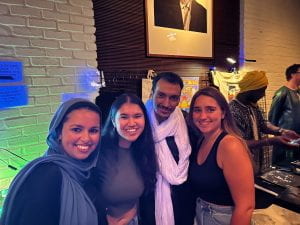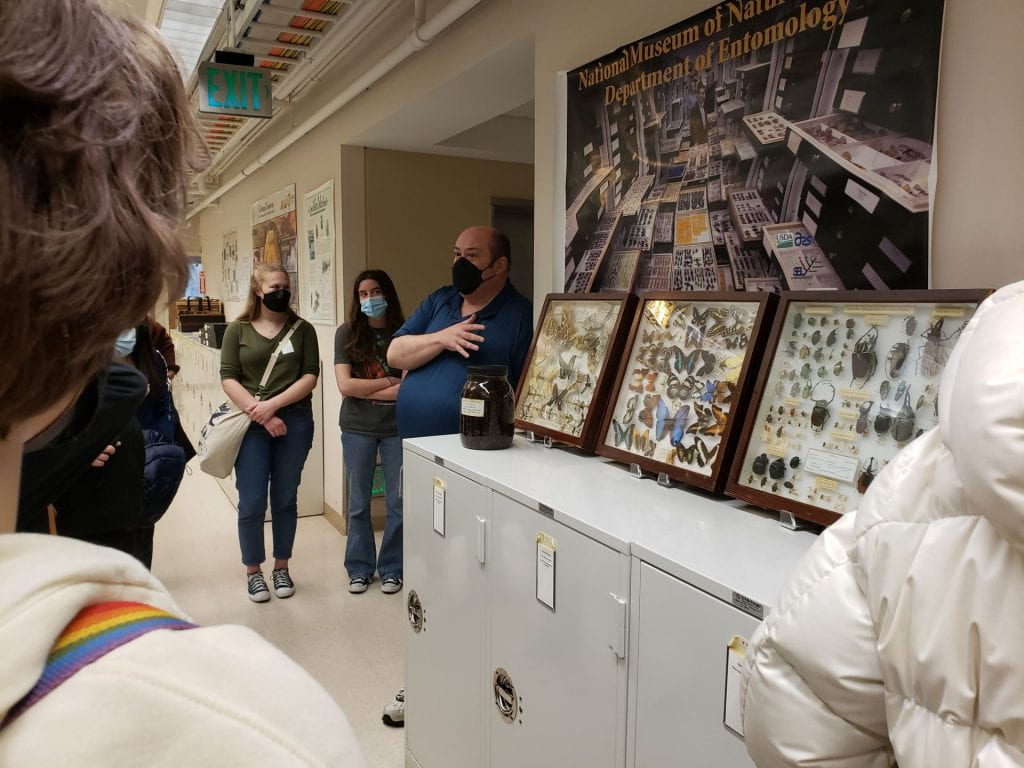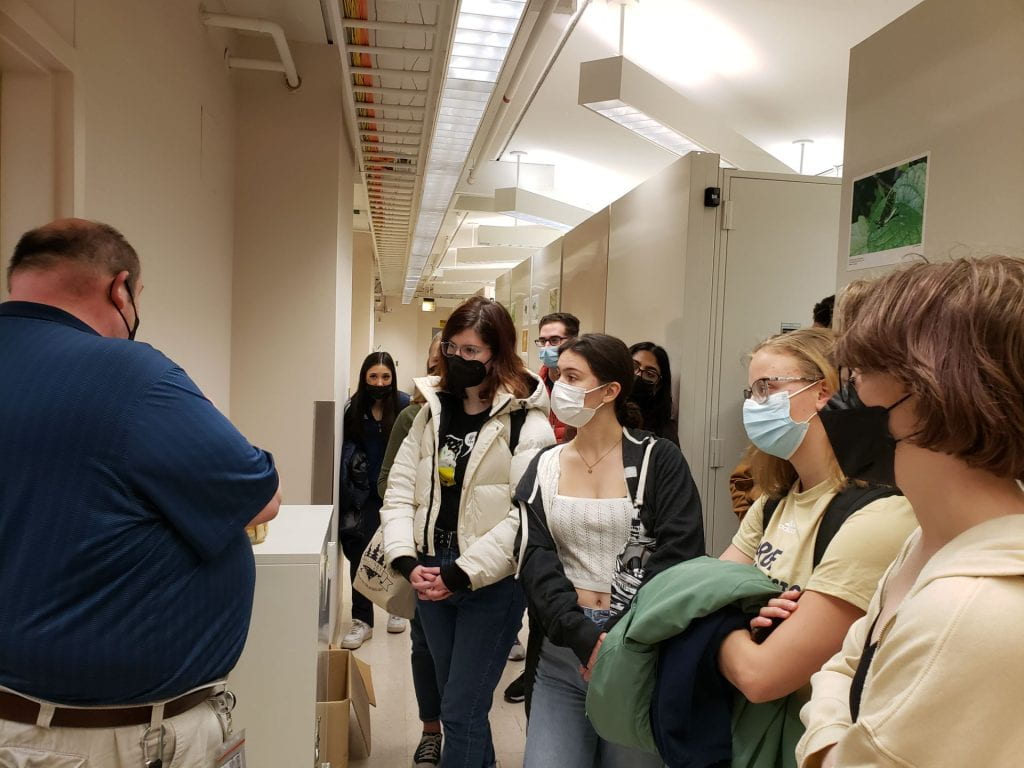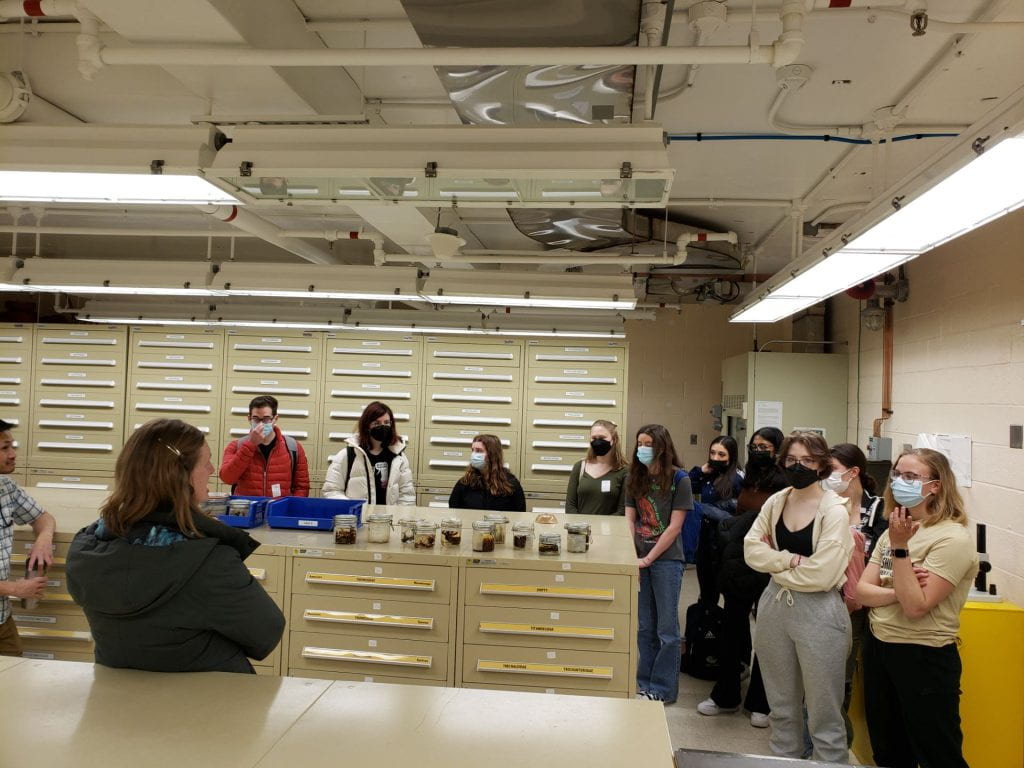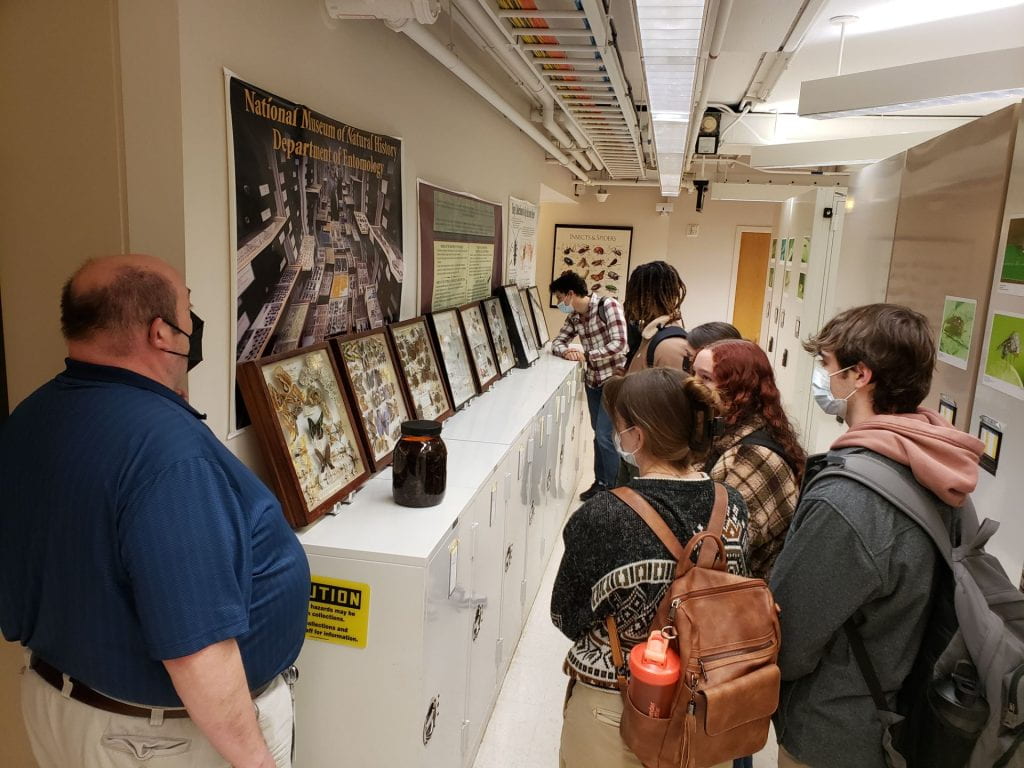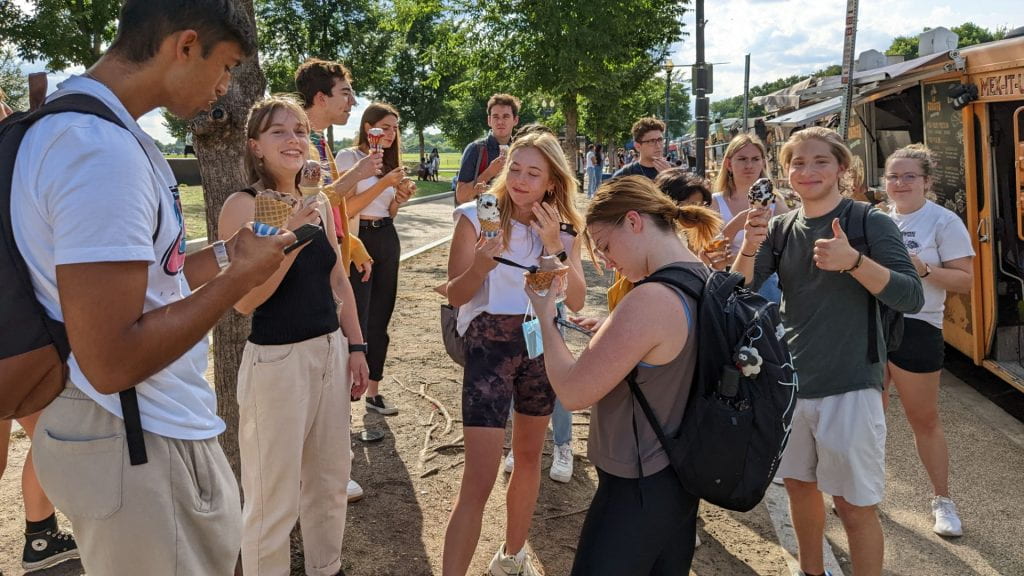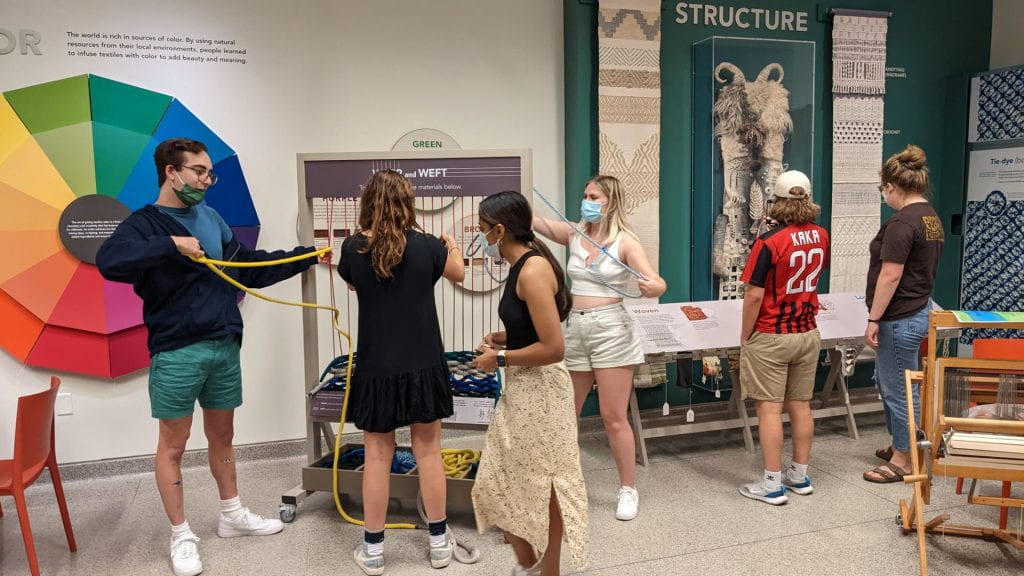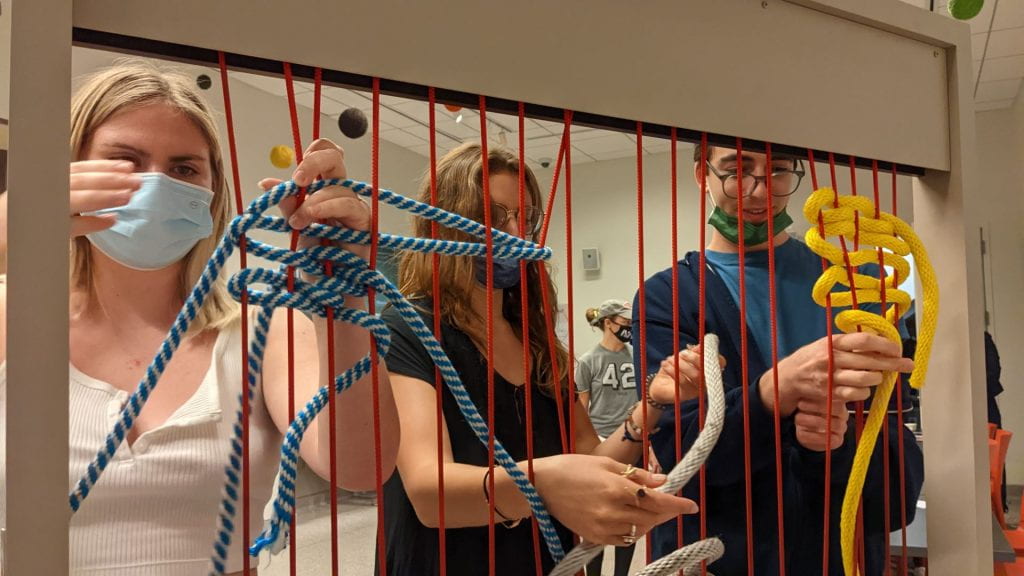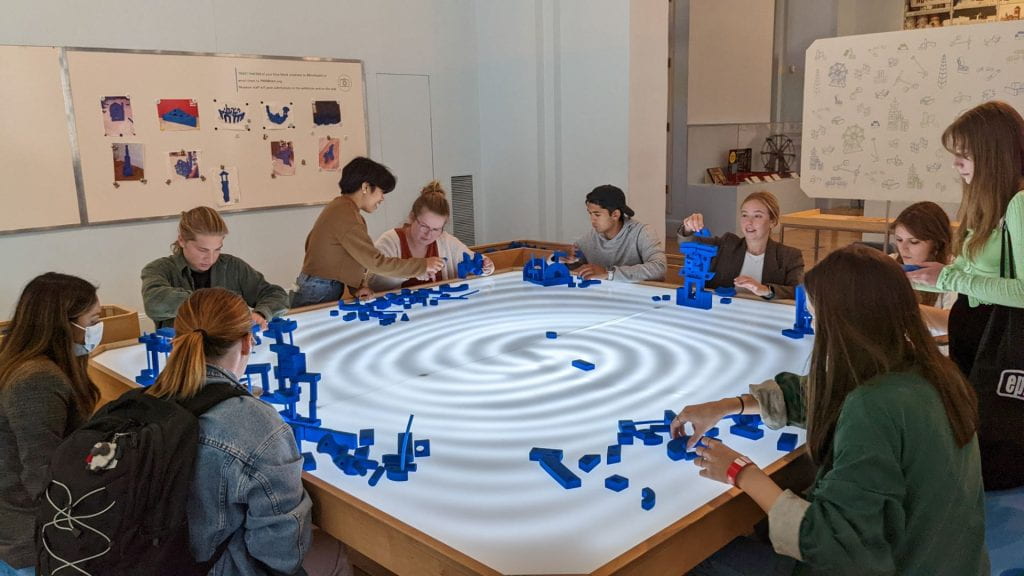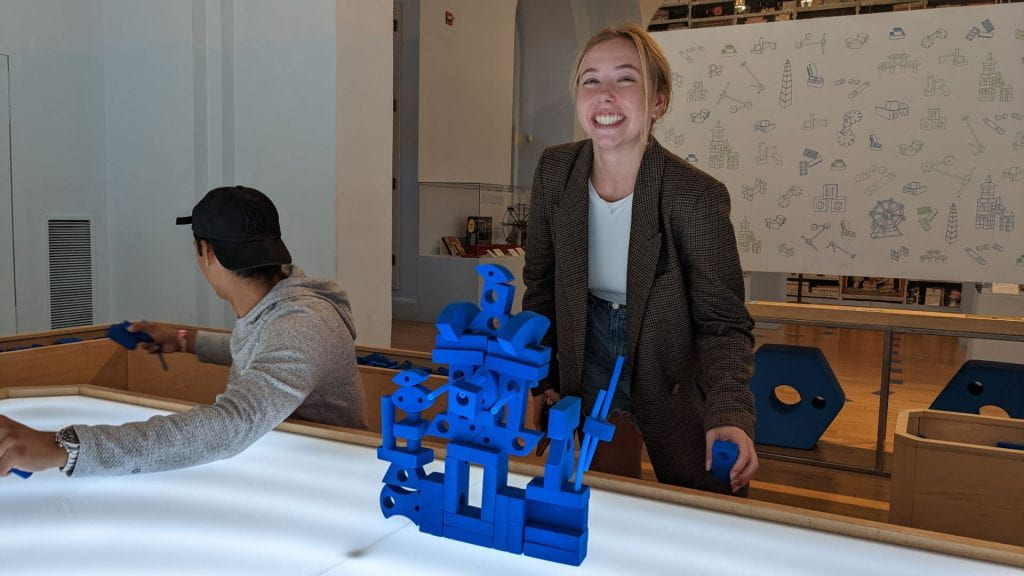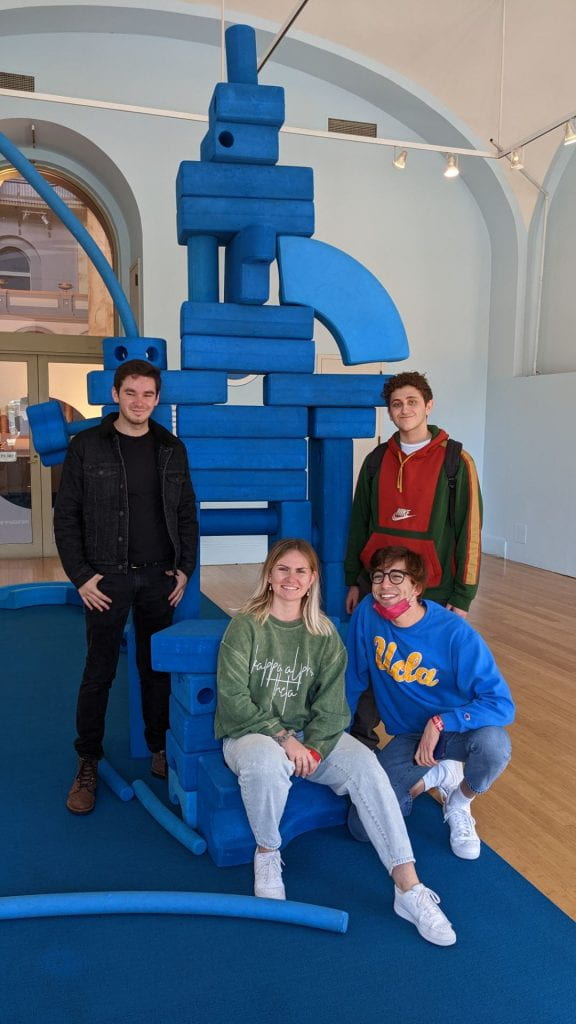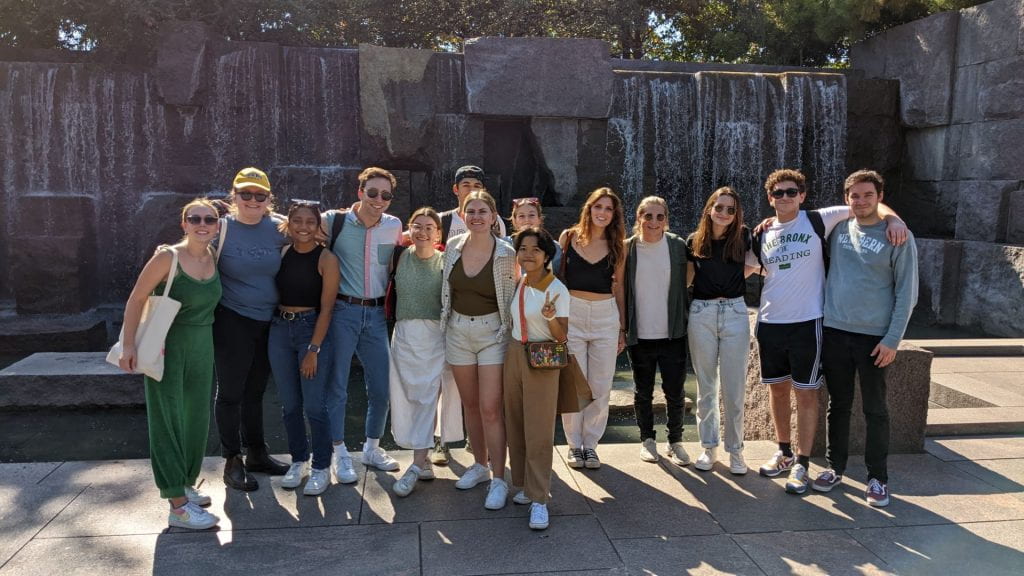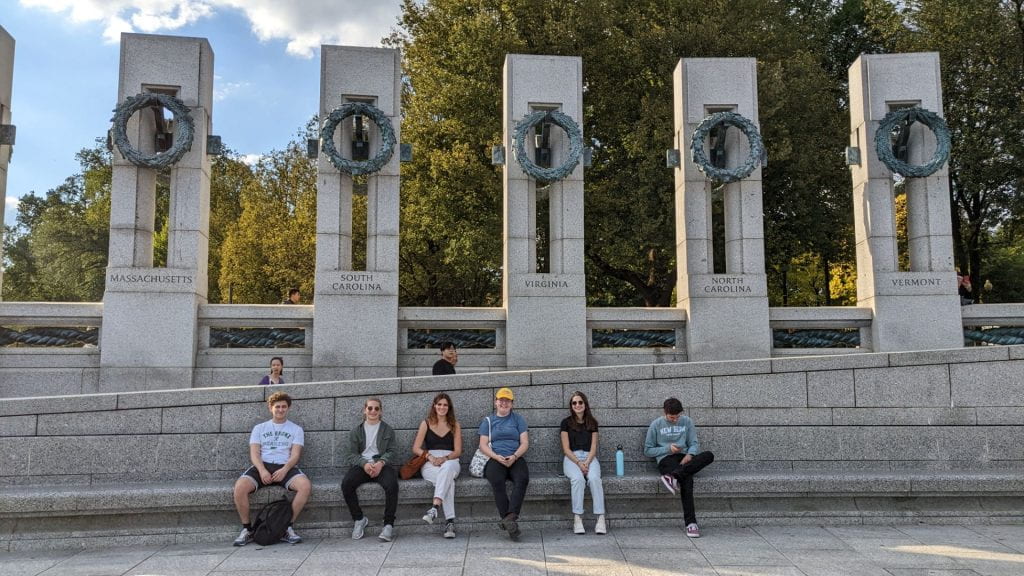By UHP Peer Advisor Grace Truslow
Walking into one of your first college courses as a seminar style class with demanding philosophical readings can at first be overwhelming. However, origins classes offer the opportunity for you to strengthen your abilities in analysis, writing, and public speaking. Strengthening these skills in your first semester will set you up for success for the rest of your college career. Here are a few steps to make sure you can get the most out of the course and feel more confident in your work and class contributions.
-
Readings/Class Discussions
One of the best ways to ensure that you are prepared to excel in class is to thoughtfully engage in your class readings and subsequently class discussions. The readings are meant to challenge you and can understandably be initially overwhelming. To make new text more digestible, you can at first give yourself a fixed amount of time to read through materials to get more comfortable with the language and overall structure. You can also utilize online resources to supplement, but not replace, your understanding of course readings and expose yourself to different viewpoints. These steps will make reading in more depth and note taking much easier as you will have a stronger basis of understanding. Starting readings early in the week or getting ahead if you are able to will give you more time to think through materials and hopefully alleviate some stress.
Readings are the basis of class discussion. If you are less comfortable participating, you can utilize them as a way to prepare for your contributions in class. When taking notes, instead of solely summarizing, you can start to identify questions, critiques, or connections and can then enter class with a set of potential viewpoints to share. Participating in class discussions is a culmination of the work you already did by completing the readings. You can start with a goal of contributing once in class and then increase your participation as you get more comfortable with public speaking.
-
Papers
Another major component of Origins courses are the written requirements. The good news is that by completing readings and attending class, you already have begun to analyze your course’s major ideas. Depending on the flexibility of your prompt, you can view written work as an opportunity to delve deeper into a class topic that particularly interests you. While your first college papers may seem like daunting tasks, you can break an essay down into smaller pieces of brainstorming, research, outlining, drafts, and editing. Getting your ideas on paper through research and drafting will put you in a better position when you are editing and perfecting your writing. It is also a good idea to set an earlier deadline for yourself to build in extra time for finalization. At any stage in this process you can attend office hours to work through ideas with your professor and ensure you are on the right track.
-
Utilize Your Resources
Origins classes give you the opportunity early in your college career to work one-on-one with your professor. If you have specific concerns about class participation, office hours are a great time to find a solution that will work best for you. Some professors also count office hours engagement as a form of class participation. Whether you are confused about a reading or working through an essay, office hours are an excellent opportunity for you to develop greater understanding and to show your professor the efforts you are putting into your course.
You can also talk through questions or ideas with your peers so long as you are not misconstruing others’ work as your own. While your classmates may have differing levels of exposure to philosophy and confidence in public speaking, origins is a challenging course for everyone. Creating support systems with your peers in the UHP will help you grow together as you all experience origins and college for the first time. You can also utilize resources outside of your class such as the GW Writing Center and your peer advisors who have successfully made it through their origins themselves.
________
As an honors student you are more than capable of excelling in origins. Engaging in the reading materials and written assignments will help you expand your perspectives and strengthen your analytical abilities. Additionally, navigating origins provides you with the opportunity to develop relationships with your professor and peers and start to utilize the resources available to you at GWU. Over the course of the semester you will develop skill sets that will set you up for success for the rest of your educational career.




